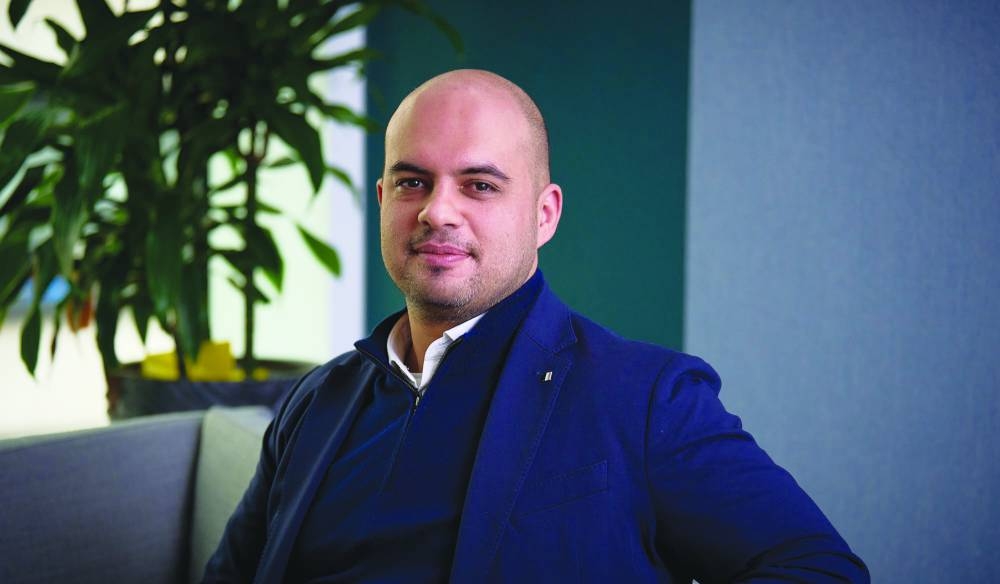The Gulf sovereign funds can establish innovation hubs centred on emerging climate tech themes, as the region is well positioned to seize the opportunity within climate tech, according to an analyst of DAI Magister, an investment bank advising international technology and climate companies.
In this regard, Ali al-Suhail, associate at DAI Magister, made special mention of Qatar, whose sovereign wealth fund Qatar Investment Authority's (QIA) multi-billion dollar investment in Germany's RWE's accelerated ‘Growing Green’ strategy and Unibio, a leading sustainable protein company, partnering with Doha-based Gulf Biotech to construct the first single-cell protein plant.
"Looking to diversify away from oil revenues, climate tech is a natural investment target. By embracing climate tech, Gulf States can build specialised hubs, align with strategic goals such as food security and logistics, and position themselves as key players in the global energy transition. It also will also offer them an opportunity to create future jobs for their young populations," said Ali al-Suhail, associate at DAI Magister.
He highlighted that climate tech investments attracted over $50bn in 2022 and recent COP hosts (UK and Egypt) estimate that the sector needs $1tn of investments to meet climate goals. The sector is diversifying beyond energy and mobility to include areas as industrial tech (hydrogen), agri-food, and built environment.
The Gulf countries are “well positioned to seize the opportunity within climate tech; thanks to their growing oil revenues and serious diversification visions," he said, adding Gulf sovereign funds can establish innovation hubs centred around emerging climate tech themes, leveraging their central location, large ports, and extensive land reserves.
Themes such as built environment, industrial material, and food and agri-tech provide them with excellent opportunities to shape the future, he said.
Finding that investment into climate tech companies is usually more complex and requires higher capital intensity as most of these investments involve infrastructure elements like solar panels and robotics; he said Gulf sovereign funds are well-suited to tackle such complexity due to their long investment horizons and access to significant capital.
Highlighting that novel food proteins is one sector where emerging companies are taking the advantage of the vast land resources; he said in Qatar, Unibio, a leading sustainable protein company, has partnered with Gulf Biotech, an industrial biotech investor, to construct the first single-cell protein plant in the country.
The Gulf region has also long experience in shaping and influencing the global energy markets providing them with a unique insight into how the sovereign funds can utilise new energy, whether wind or solar panels. It also has extensive experience in producing and exporting liquefied natural gas (LNG) which has a lot of parallels with one of the hottest trends in industrial tech – hydrogen.
Stressing that the sovereign funds can perceive investing into climate tech for purely return purposes in that regard and its diversification potential; he said they should focus on companies with a vast market potential and a solid business model that is commercially driven.
"The funds are moving in this direction as QIA recently invested $2.5bn to acquire 10% of RWE, a German utility, to help it acquire a solar business in America. However, there is a larger opportunity to grab here," he said.

Ali al-Suhail, associate at DAI Magister.

